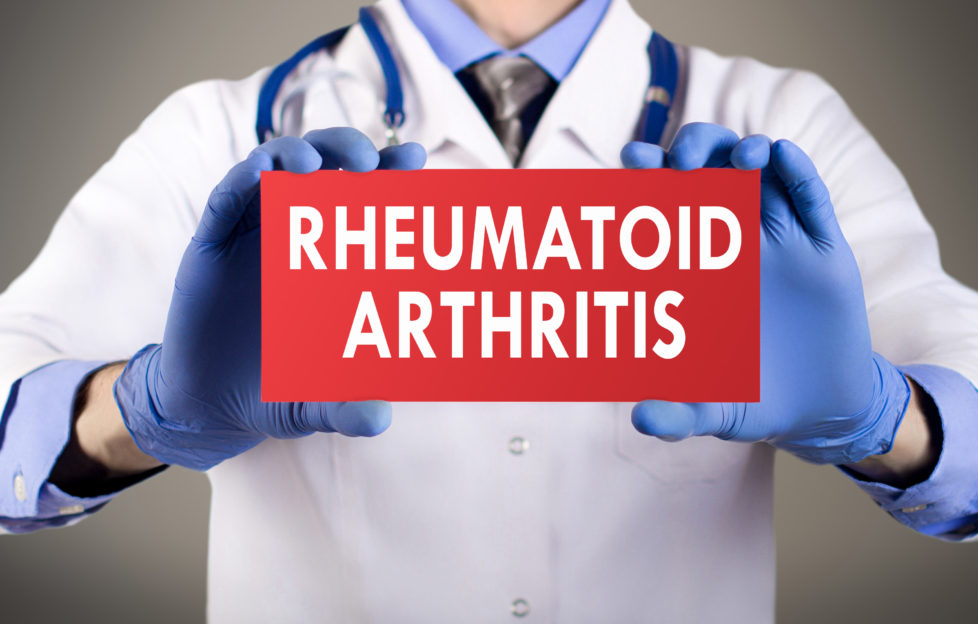 Shutterstock / Green Apple©
Shutterstock / Green Apple©Rheumatoid Arthritis Awareness Week begins today, September 7.
Here, we’ve gathered some helpful information and advice about this painful condition for anyone wishing to find out more, from those in the know.
What is rheumatoid arthritis
We often think of arthritis as one of those annoying but inevitable side effects of growing older.
But this is not the case.
There are different types of arthritis, with different causes and aggravating factors.
Rheumatoid arthritis (RA) is just one of them. It can develop at any time of life, and it has far-reaching effects.
What causes RA?
Other types of arthritis, including the more common osteoarthritis, are linked to injury or ageing.
RA occurs when the immune system misbehaves, triggering an inflammatory response that damages not only the joints, but also potentially various organs.
Our genes, or a family history of auto-immune diseases, can be part of the cause.
If you have a family history of RA, smoking will double your risk of developing it yourself.
Childbirth, the menopause, stress, and various health conditions or illnesses may trigger this inflammatory process.
Symptoms
The symptoms vary from person to person, and they may come on gradually or suddenly.
The most common symptoms are hot, swollen, tender joints, resulting in stiffness and pain.
The small joints of the hands or feet are often the first to be affected. There is overwhelming fatigue, and people feel generally unwell, as if they had the flu.
If you have any of these symptoms, don’t dismiss them as signs of ageing or overdoing it. Seeing your GP quickly is crucial.
People who start RA treatment early on have the best chance of getting the disease under control and avoiding long-term joint damage.
If treatment starts within three months of the first symptoms, it also increases the possibility that the disease will go into remission (the symptoms go away).
It also takes time to diagnose RA, because there is no single test to confirm you have it.
Instead, the medics have to consider several factors that makes RA a likely explanation for your symptoms.
They look at your family history and lifestyle, and examine your joints. They may order ultrasound scans or X-rays. Blood tests can show whether an inflammatory response is happening in your body.
If you do have a diagnosis of RA, the right care from various medical and care professionals, with you as a full partner in the team, can make a big difference.
Specialists will try disease modifying anti-rheumatic drugs (DMARDs), along with pain relief and sometimes steroids, at first.
If this doesn’t work, there are now many new, advanced therapies.
But exercise, sticking to the right diet, and pacing yourself are just as important as medicines in fighting the condition.
For more on Rheumatoid Arthritis Awareness Week, click here.
For more health advice from “The People’s Friend”, click here.




